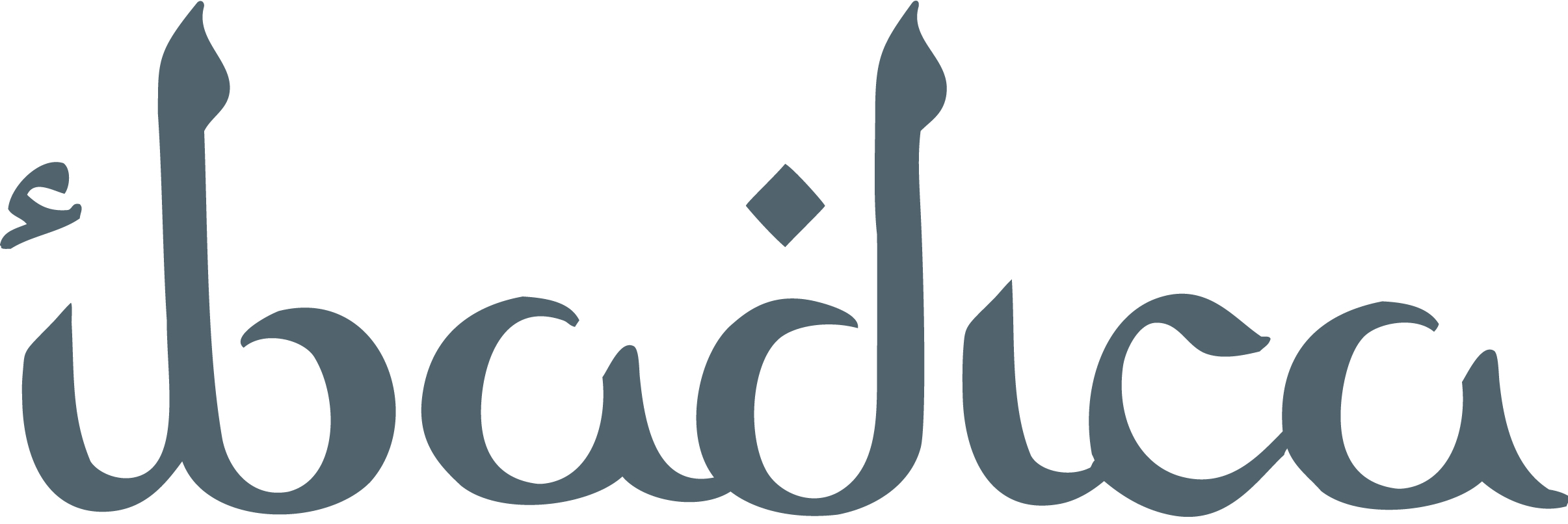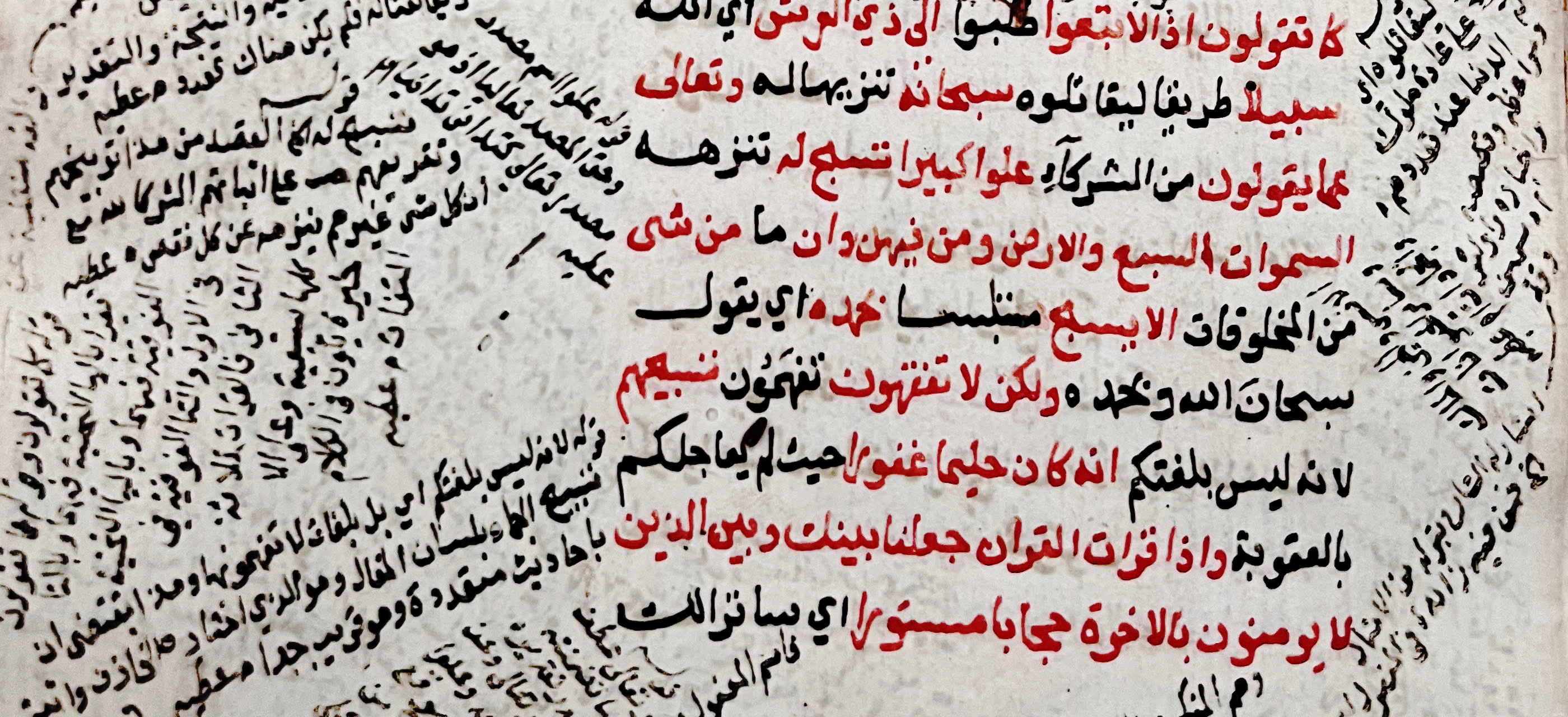From the individualism to the community’s power: the economic implications of the Wilāya/Barā’a dynamic among the Ibāḍīs
Contenu
- Titre
- From the individualism to the community’s power: the economic implications of the Wilāya/Barā’a dynamic among the Ibāḍīs
- Créateur
- Francesca, Ersilia Voir tous les contenus avec cette valeur
- Date
- 1999
- Dans
- Annali dell’Istituto Universitario Orientale di Napoli Voir tous les contenus avec cette valeur
- Résumé
-
At the end of the article, p. 75: among the Mozabites, Wilāya and Barā’a represent a religious transformation of tribal politics. The notables’ authority could not exist without a social structure founded in the clan. Each clan designates its representatives in the Jamāʿa and its notables, who direct the group’s business, form a restricted assembly which meets in the presence of one of the members of the Ḥalqa (Bourdieu 1962, 41-42). This connection between religious solidarity and agnatic groups’ power assures that community ties remain very strong even among emigrants. Particularism and individualism are banished and each Ibāḍī has a strong feeling of belonging to “the chosen people”, distinguished by their rigor and intransigence.
In terms of organization of entrepreneurial activity, the solidarity existing among the Mozabites is converted into commercial cooperation. The business establishments in the Tell are generally the property of the family group, and in most cases the employees are members of the owner’s family or else come from the same clan or city. This family organization of the business enterprise, thanks to the very limited costs, allows the Mozabites to sell at competitive prices. Moreover, mutual aid is praticed in every possible occasion (Bourdieu 1962, 48; Chabert 1961, 348). In this way, fidelity to the traditional social structure, far from being an obstacle to their competitiveness in the capitalistic system, rather favours it and makes it easier. - Langue
- eng
- volume
- 59
- numéro
- 1
- pages
- 69-77
- Source
- Fonds Martin Custers Voir tous les contenus avec cette valeur
- Ibadica Voir tous les contenus avec cette valeur
Francesca, Ersilia, “From the individualism to the community’s power: the economic implications of the Wilāya/Barā’a dynamic among the Ibāḍīs”, 1999, bibliographie, consulté le 19 septembre 2024, https://ibadica.org/s/bibliographie/item/6946
Position : 10743 (6 vues)

